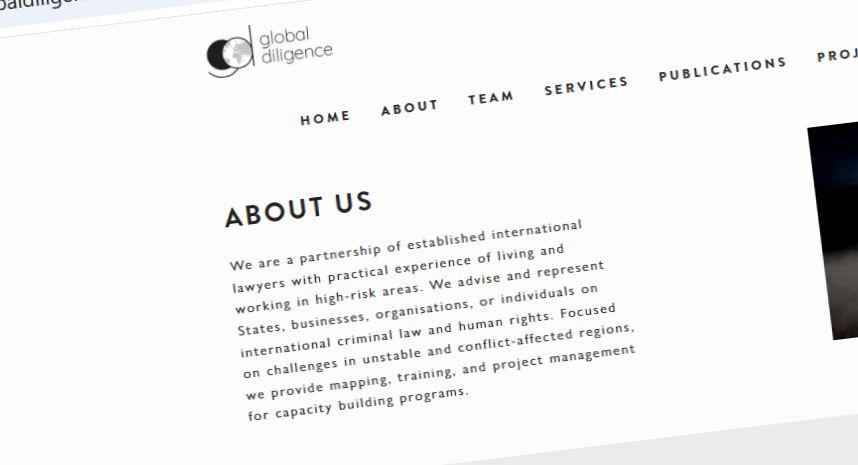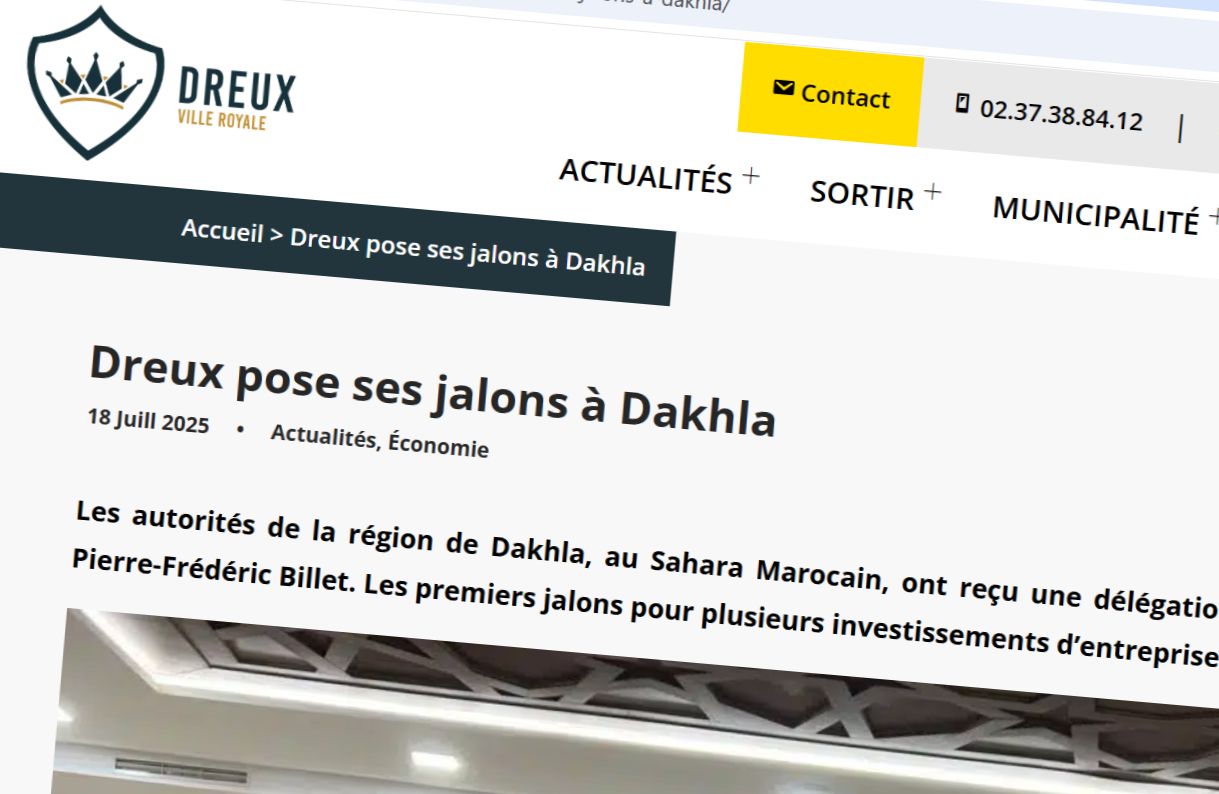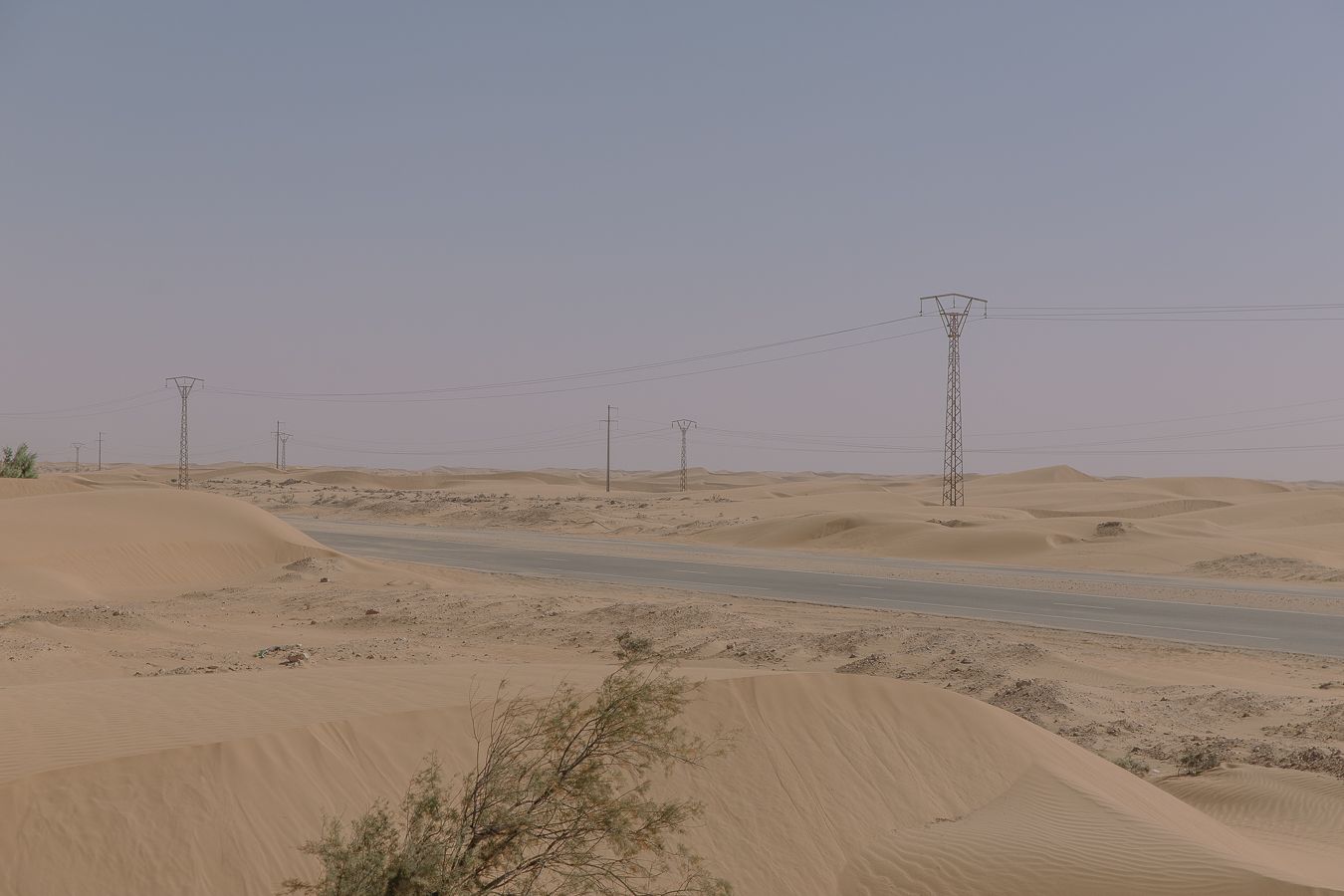
The Portuguese company Gesto has been contracted by Morocco to explore the geothermal potential of occupied Western Sahara - but chooses to refer to the territory as Morocco.
Gesto Energy, headquartered in Algés, Portugal, is an international company focused on energy consulting and renewable energy project development. In April last year, the firm announced on its website that it had been selected to "identify and study areas with geothermal potential in the provinces of south of Morocco in an area of more than 140,000 km2, corresponding to Moroccan Sahara".
Western Sahara Resource Watch and the International Platform of Jurists for East-Timor on 12 July 2019 asked the company to recant. A response was not received, and a new request was sent to the company on 8 April 2020.
In the letter, the two NGOs recommend Gesto to hand over any data collected from occupied Western Sahara’s geothermal potential to the Saharawi authorities and to the United Nations.
The controversial company holds interests in countries like East Timor, Angola and South Africa. The company has not changed its erroneous claim on its website after receiving the letter in 2019, and still continues to refer to the territory of Western Sahara as part of Morocco.
Maps included on the webpage leave little doubt: the area corresponding to the study spans practically the entire part of Western Sahara that is presently under Moroccan military control. See a screenshot of the map, as depicted on Gesto's webpage, to the right.

In December 2019, Gesto reported on that its team has collected samples of water and gas during November, still referring to the area as southern Morocco. [or download]
Gesto's project, according to its website, carries the working title “Realisation d’une Etude des Potentiatites Geothermiques dans les Provinces du Sud”. Gesto signed a contract for the project with ONHYM, Morocco's National Office for Petroleum and Mines.
Already in 2012, ONHYM had launched a research program to identify interesting sites for geothermal energy production, revealing two areas with high potential: the northeast of Morocco proper, and the “Tarfaya-Laayoune-Dakhla basins in southern Morocco” – the latter in reality corresponding to the area of Western Sahara that is under Morocco’s occupation. Gesto was contracted in 2017 to evaluate the potential in the northeast of Morocco. That study was concluded in 2018.
In 1975, Morocco invaded its southern neighbouring country, and went on to annex ever larger areas during the years of war with the Saharawis - the original inhabitants of the territory. In 1991, the UN brokered a ceasefire and deployed a UN mission to the territory to organise a self-determination referendum for the Saharawis. Though the Mission is still present in the territory, the referendum never took place due to Morocco's obstinacy. But the Saharawis' right to self-determination remains the cornerstone principle guiding the UN's attempts to settle the conflict.
The Saharawi people's right to self-determination is also the foundation of consecutive rulings of the Court of Justice of the European Union.
Global Diligence defends operations on occupied land
The legal advisory firm Global Diligence, which presents itself as expert on ‘heightened due diligence’, misrepresents international law in occupied Western Sahara.
French publicly-owned firm plans energy project in occupied Western Sahara
The French town of Dreux considers ignoring a ruling in the French courts and to engage with a controversial energy operation in occupied Western Sahara.
Morocco pushes enormous green hydrogen plans in occupied Western Sahara
The Moroccan government has confirmed several green hydrogen projects totalling 20 GW of renewables and up to 8 million tonnes of derivatives - many planned in occupied Western Sahara.
Morocco plans massive AI center in occupied Western Sahara
A 500 MW hyperscale data center for Artificial Intelligence is being envisaged in the occupied territory.



